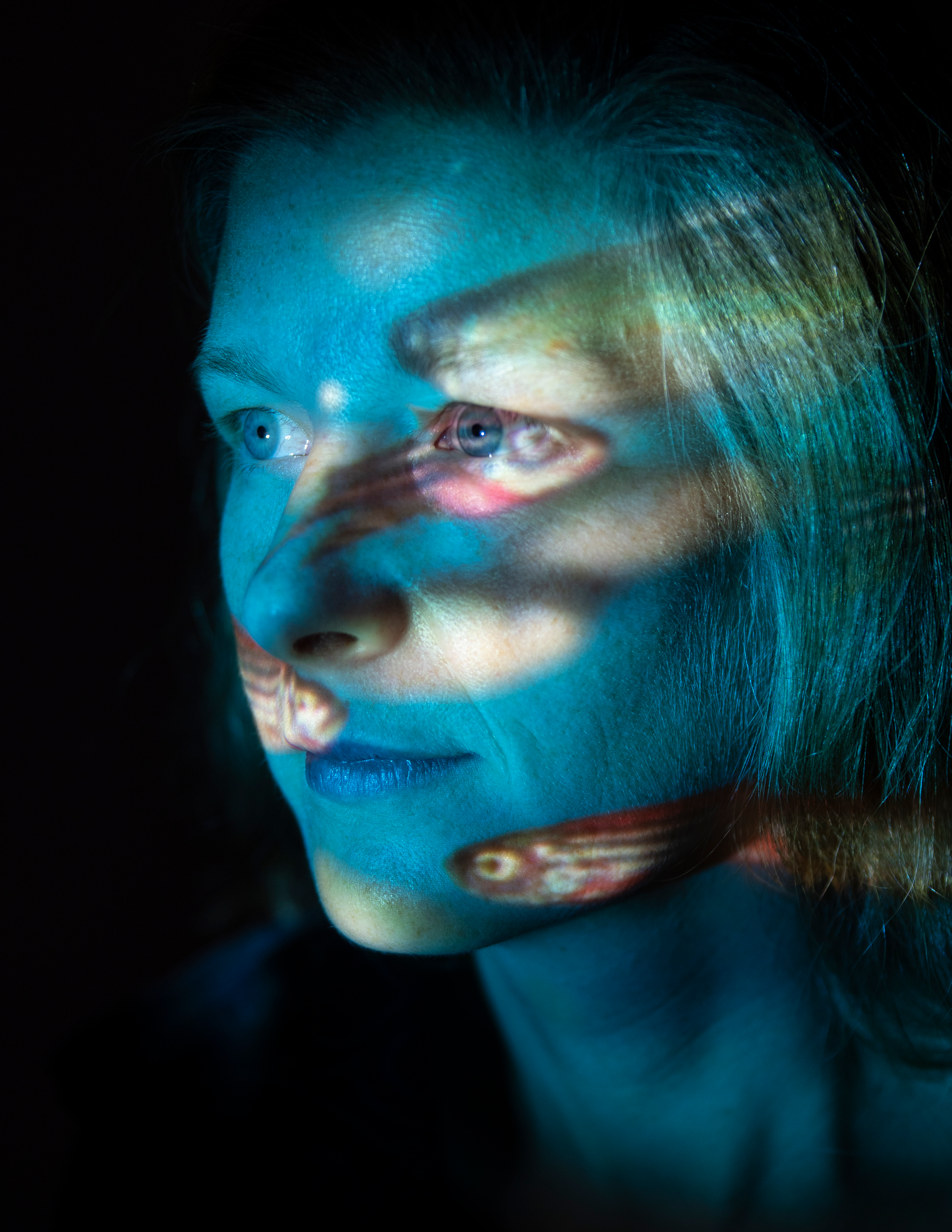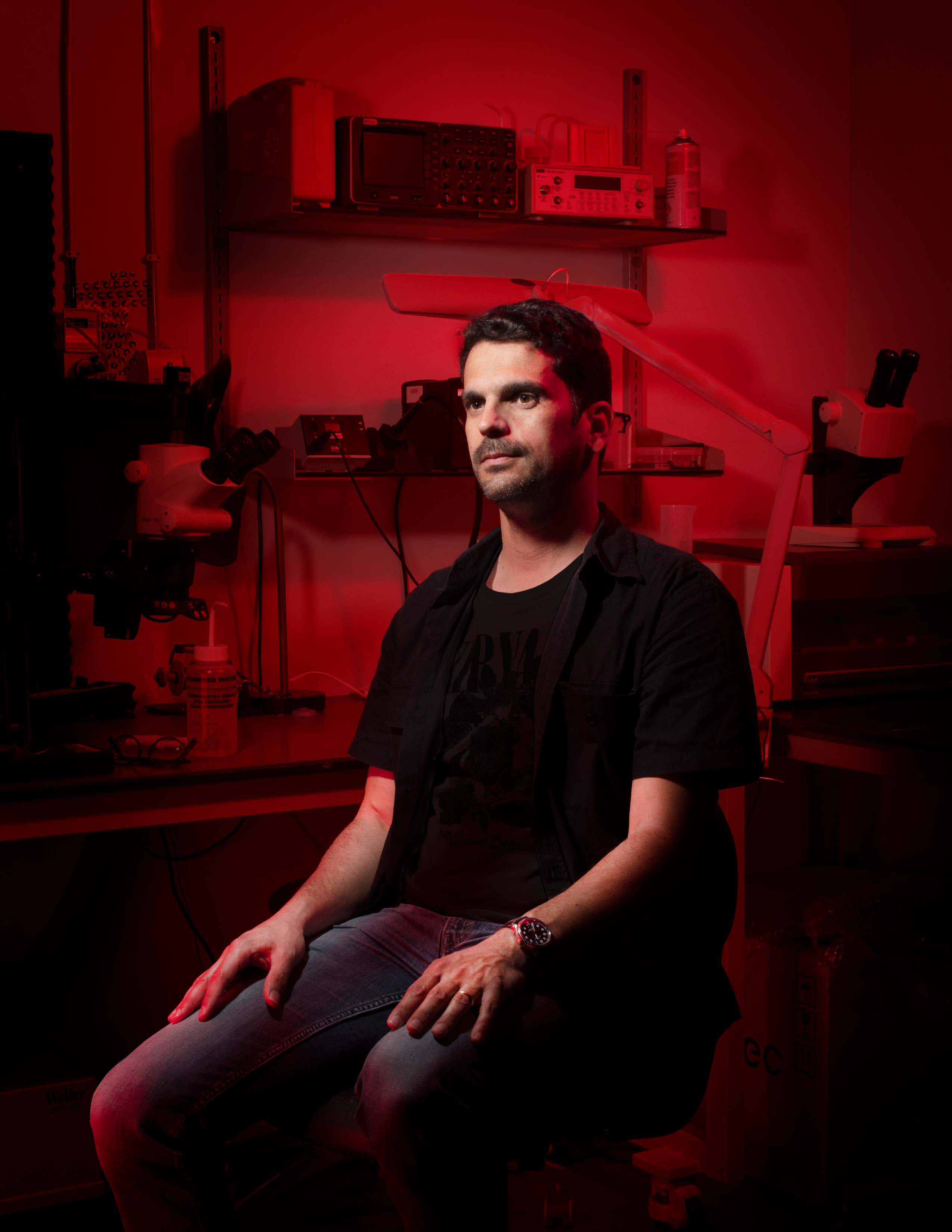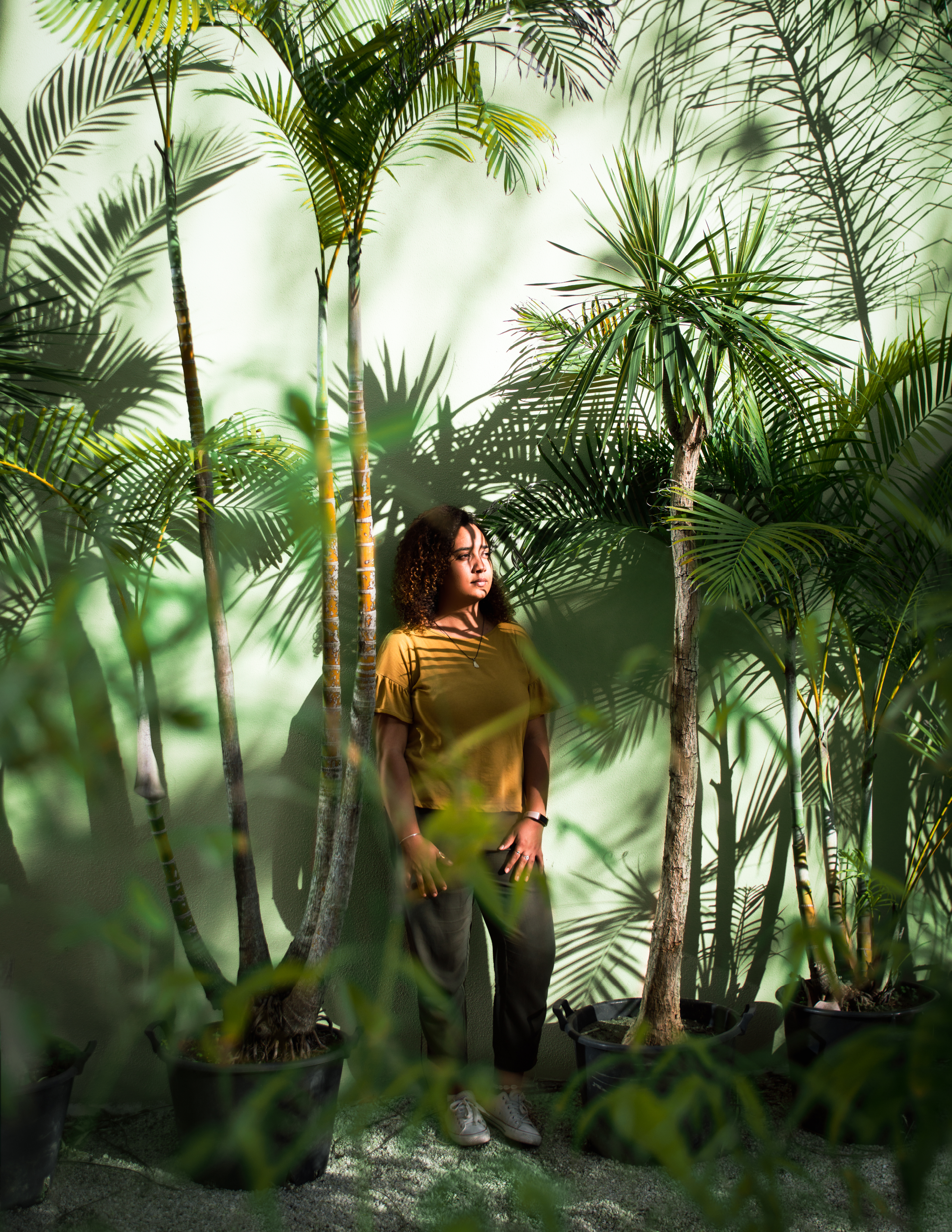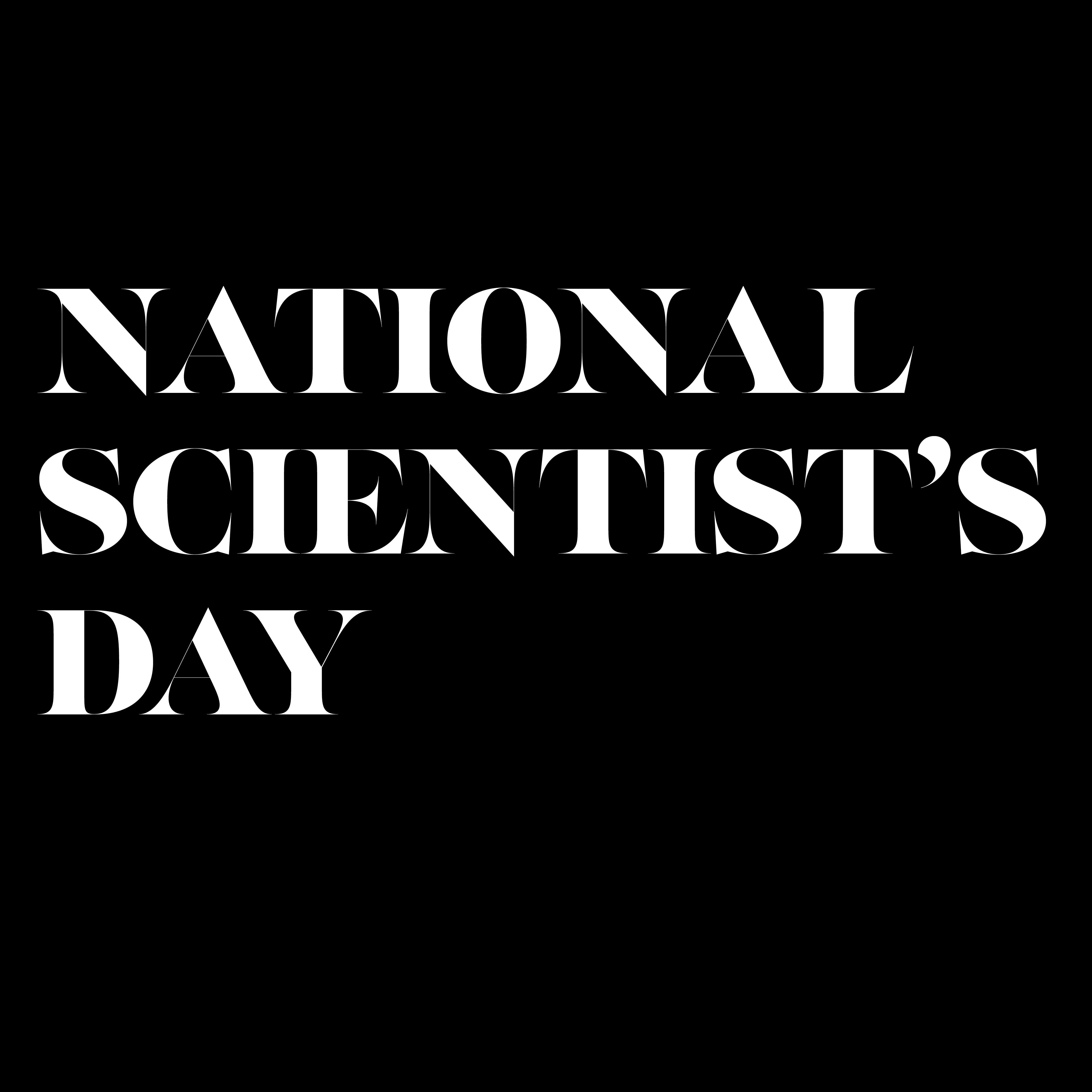
Sabine Renninger
POST DOCTORAL RESEARCHER, VISION TO ACTION LAB
"Have you ever walked to school or work and suddenly seen something that has always been there but that you never noticed before? Since childhood, such moments have made me wonder about what the world really looks like and what is just my perception of it. It has amazed me even more, though, to see how differently people can experience the same environment.
Indeed, our perception is not just a simple one-to-one representation of our physical surroundings, but rather an interpretation filtered through our current goals, past experiences, emotions, and inner beliefs.
The way we see the world around us ultimately shapes our daily actions and interactions. I naturally became interested in the underlying mechanisms of visual perception and how it impacts the flexibility of our behaviour. To understand how our brain selects visual signals for processing and decides on appropriate actions, I turned to a small aquatic vertebrate species, the zebrafish.
Six-day-old zebrafish already adaptively interact with their environment. Their small and transparent brain allows us to trace neuronal activity dynamics, and to study how the nervous system integrates information from the outside world to form behavioural decisions. Knowing the mechanisms that operate inside the tiny fish brain may help us to unravel what limits our perception and to find ways to expand it."

Joaquim Alves da Silva
TEAM LEADER, NEURAL CIRCUITS DYSFUNCTION LAB
"Since I can remember, I’ve always sought to understand how the universe we are trapped in works. This was probably reinforced by my parents, and an adult’s tendency to clap whenever a child reveals surprising knowledge about the world.
But science is not just about knowing things, it is in fact more about the process of exploring and discovering things. I first learnt this from Jacques Cousteau’s documentaries, which were often televised when I was growing up. In the summer, I would spend hours trying to get a glimpse of underwater life with a pair of rudimentary goggles, swimming between algae and imagining that I was in the Sargasso Sea.
Later on, faced with a choice between marine biology or medicine, I chose the latter. Understandably, science in medicine is seen through a very pragmatic lens, with more emphasis on knowledge than exploration or discovery. Ultimately, this led me to pursue a PhD in neuroscience.
One night, I was doing an experiment using light to control the activity of a specific group of brain cells in mice. As the experiment unfolded, it became very clear that there was a striking result and a potential discovery. For a brief moment, I realised I was probably the only person in the world that knew this information, alone at 10 pm in a dark windowless room. It is hard to explain, but that was a unique feeling, and one that I have chased ever since."

Denise Camacho
PHD STUDENT, CELL FITNESS LAB
"I grew up in Santiago, a green volcanic island in the middle of the Atlantic Ocean. It’s the largest island in the Cape Verde archipelago, with mountains, valleys and fertile land. From an early age, I would spend time picking corn with my family in the fields behind our house. Corn is a staple of Cape Verdean cuisine, and I’ve been cooking since I was 10, learning from my brothers and sisters.
Santiago is covered with banana plantations, and one of the dishes I first learned to prepare is fidjós, a traditional recipe from Cape Verde in which we fry banana mixed with wheat flour, egg and milk. The oil needs to be very hot before adding the fidjós, and if the temperature isn’t right, they don’t cook on the inside. I had many failed experiments in the kitchen, but I learned something from each one.
In a way, getting used to things not working in the kitchen prepared me for a life in science, since many (perhaps most!) experiments in the lab don’t work. As with recipes, scientific protocols need to be optimised, tweaked and adapted, so I don’t get frustrated when experiments fail. Science is an iterative process, just like cooking.
I remember a phone call to my brother when I was 12 years old. He asked me 'What do you want to do when you grow up?'. I wanted to say something that sounded like an impossible goal, something that would impress him, so I said, 'I’m going to be a scientist'. And here I am."
Edited by: Hedi Young
Photography by: Alexandre Azinheira




